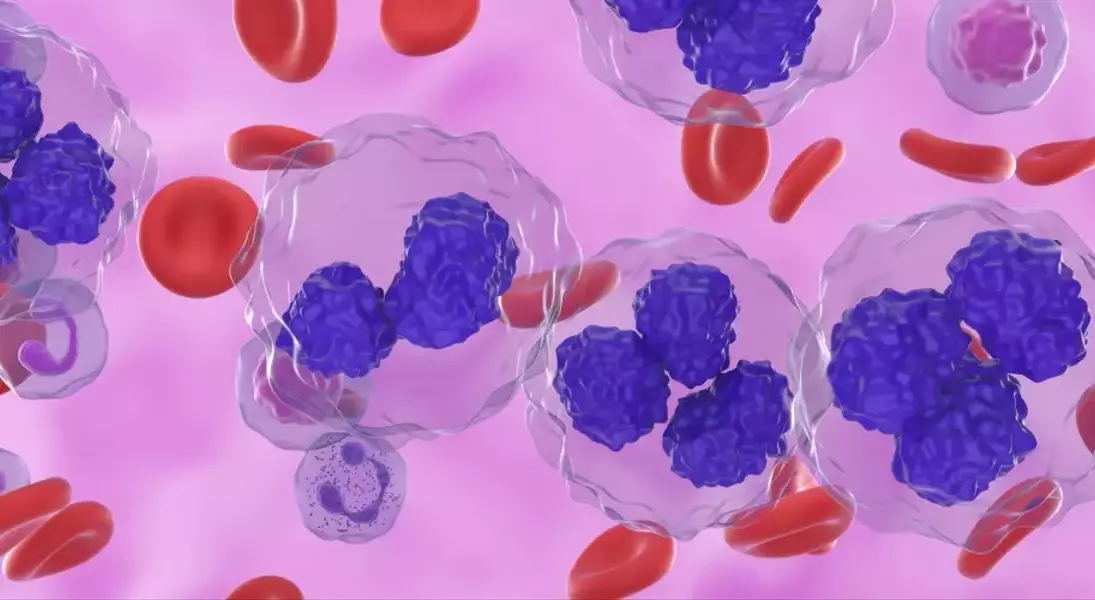
The presence of TP53 mutations in mantle cell lymphoma (MCL) presents a formidable challenge in oncology, characterized by poor prognosis and high mortality. Recent research has explored various treatment modalities to improve outcomes for patients with this mutation. A systematic review and meta-analysis presented at the 2024 American Society of Hematology Annual Meeting evaluated the effectiveness of targeted therapies, combination treatments, stem cell transplantation, and CAR-T therapy. The study revealed promising response rates but highlighted the need for more effective long-term survival strategies.
Evaluating Treatment Efficacy in Newly Diagnosed TP53 Mutated MCL
For newly diagnosed cases of TP53 mutated MCL, the analysis uncovered significant improvements in response rates through targeted therapies. These treatments achieved impressive complete remission and overall response rates, indicating their potential as frontline options. However, despite these advancements, long-term survival remains a concern, necessitating further investigation into more durable therapeutic approaches.
In-depth examination of the data showed that targeted therapies yielded remarkable results, with complete remission rates reaching 79% and overall response rates at 96%. This underscores the efficacy of these treatments in controlling the disease during its initial stages. Allogeneic hematopoietic stem cell transplantation also demonstrated notable one-year and two-year overall survival rates of 69% and 62%, respectively. Nevertheless, while these figures are encouraging, they highlight the aggressive nature of TP53 mutated MCL and the critical need for continuous innovation in treatment protocols.
Addressing Relapsed or Refractory TP53 Mutated MCL with Innovative Therapies
In cases of relapsed or refractory TP53 mutated MCL, the meta-analysis found that CAR-T therapy emerged as a superior option. Although the disease's recurrence poses significant challenges, this advanced form of immunotherapy showed higher response rates, offering hope for improved patient outcomes. Yet, the limited impact on long-term survival emphasizes the necessity for novel strategies.
CAR-T therapy demonstrated exceptional performance, achieving complete remission and overall response rates of 84% and 95%, respectively. For patients experiencing relapse or refractory conditions, the one-year and two-year overall survival rates with CAR-T therapy were 61% and 44%. While these numbers represent progress, they also underscore the limitations of current treatments. The authors emphasized that although both targeted therapies and CAR-T approaches can achieve relatively high response rates, the overall survival for these patients remains suboptimal. Future research must focus on developing innovative therapeutic strategies to address the unmet needs of this high-risk population, aiming to enhance long-term survival and quality of life.
